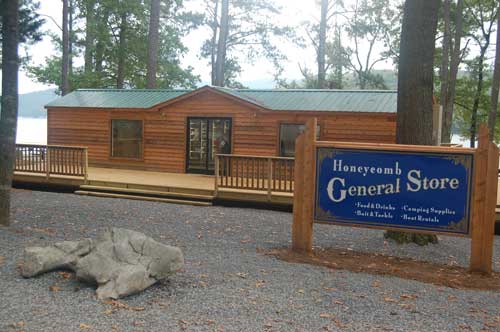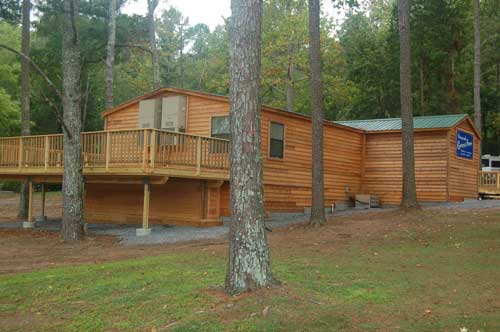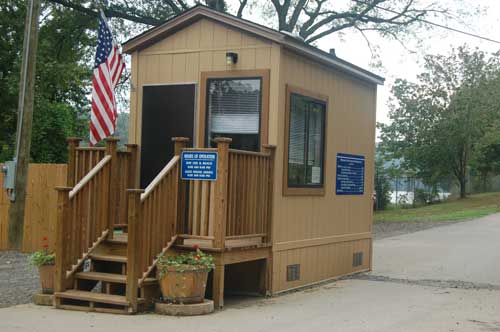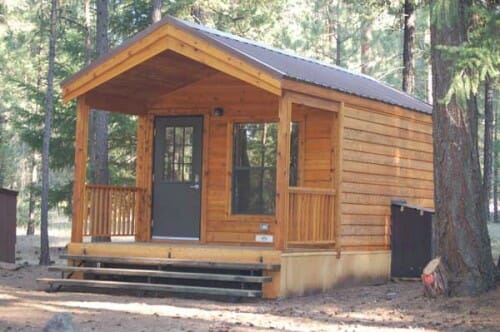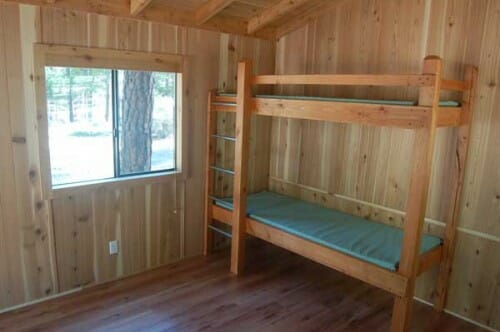A while back I wrote a series of posts here, here, and here on buying a small business. One of the things I said in that post was:
Then, there are the banks. From my experience, it is very, very
difficult to get a bank to make an collateralized loan - i.e. a loan
that is secured only by the cash flow of a company rather than by
assets. In fact, I have never been successful at that. About the only
way that I have found that banks will make a loan is if it is an SBA
loan, where the SBA basically guarantees the loan for the bank. The SBA
goes through cycles of being very open to lending to being very tight.
I have not dealt with them for over two years, so I don't know what
their stance is today. Remember, though, that the SBA is not going to
approve any loan where the buyer has no experience in the industry or
where the buyer is not putting down his own money as well. The SBA has
a lot of information here.
This statement is still mostly true but I have learned a lot over the last couple of months. The following is an update.
One of the things they tell you all the time in business school, but frankly I always found impossible to really internalize, was how much cash growth takes. I guess I always thought of businesses with cash flow problems as being unsuccessful, slowly sliding down the drain and trying to make ends meet. Wrong. Growth is tremendously expensive. And stressful.
My business is based on concession contracts. Each winter, we are usually presented with the opportunity to bid on many contracts. We narrow the field down to 4-6 we bid on, hoping to win about 2. One of the things I did last year was greatly improve our standard bid materials, hoping that would help us win good projects. Did it ever. We bid on 6 last year and we won 6 (including Burney Falls, Pyramid Lake, and Lake Havasu). Yea! But then I began adding up all the investments in new inventory, new equipment, salary (you always have to hire people before the first revenues come in), licenses, building improvements, etc. Eeek!
After a lot of work with bankers, I stand by most of my statement above. Most bankers will not lend to businesses on cash flow, and always want some type of collateral (like my home equity). Over time, though, I have found a few bankers who are willing to lend on cash flow and really understand business growth and why maybe I don't want to have my business's growth rate limited by how much equity I have in my personal home. There are bankers who will put together packages of long-term loans backed by the SBA plus short term working capital loans that will now let me grow faster. The folks at Copper Star Bank, for example, have been great.
One of the reasons I felt the need to post this update is that I have been told that my difficulty finding a good business banker was due in part to my location here in Phoenix. The Phoenix banking market is very real estate driven, so bankers usually come from that background rather than a business background. I am told that those of you on the east coast or in the Midwest may have an easier time finding good business bankers.
Postscript: By the way, you might ask how I feel as a small government libertarian about accepting the government subsidy implicit in an SBA loan. The answer is "conflicted". Some libertarians are fine accepting government services, on the theory that they certainly have paid for them with all their taxes. Some try to avoid government services, but that is almost impossible in today's world (such as using government roads). I generally try to be pragmatic, operating somewhere in the middle.
As far as SBA loans go - I don't know what the commercial banking world would look like without SBA loans. I think that the banking world would have found an alternative way to mitigate the risk (e.g. via securitization) without the government gaurantee, but we can't know. The fact is that SBA gaurantees exist and banks would be crazy not to use the gaurantees in making business loans. So, the reality is, if I want a cash flow based loan for a company my size, it will likely carry the SBA gaurantee. My appologies to all those whose taxes support my loan gaurantee.
